What is protocol & why do you need to know about it?
There’s no society without hierarchy and no civilization without ceremonial (- Jean Serres) 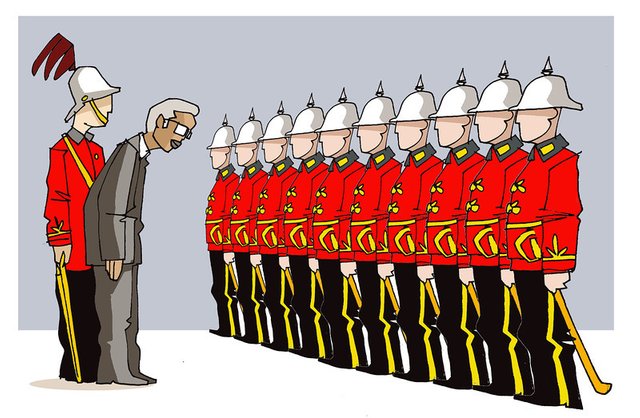 (via)
(via)
Despite the technological advances today’s multicultural society requires perfect soft skills and smooth cross-cultural networking. If you want to be successful, you need to master effective communication in the public life, enhance our social image, engage with your audience, and avoid offenses. We all indulge in less-than-perfect behavior in private; however, there is rarely an entirely private situation in which one’s behavior is not being observed. A modern business realm (or official life – you name it) gets extremely sensitive to the code of conduct. Traditional rules that have long been practiced in the diplomatic world seem to be a smart life hack that might improve almost all aspects of our social life. 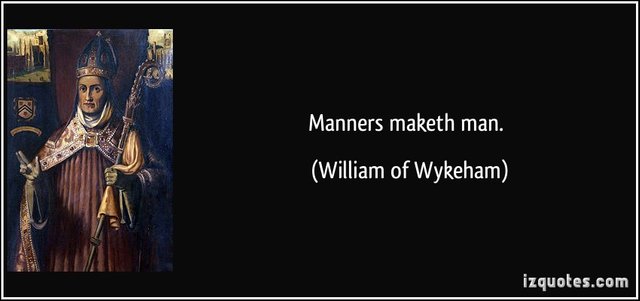
Now let’s look at a couple of definitions.
Diplomatic protocol is a set of rules, traditions, and conventions observed by governments, foreign offices, diplomatic missions and their representatives. It is a recognized system of international courtesy and official interaction. Protocol is a result of a centuries-long communication of nations and men, a global accumulation of customs, manners, and forms that proved to be the most efficient in human relations. 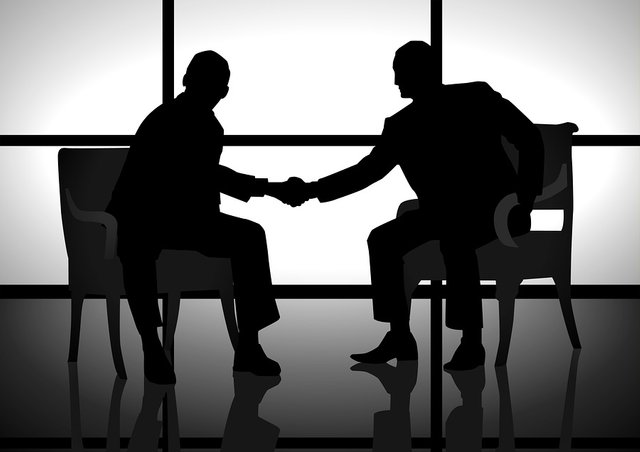 (via)
(via)
Ceremonial is a set of formalities that relate to a certain event. Imagine a Noble prize ceremony, formal crowning ceremonies or even a presidential inauguration. These events strictly adhere to prescribed forms, customs, and actions. 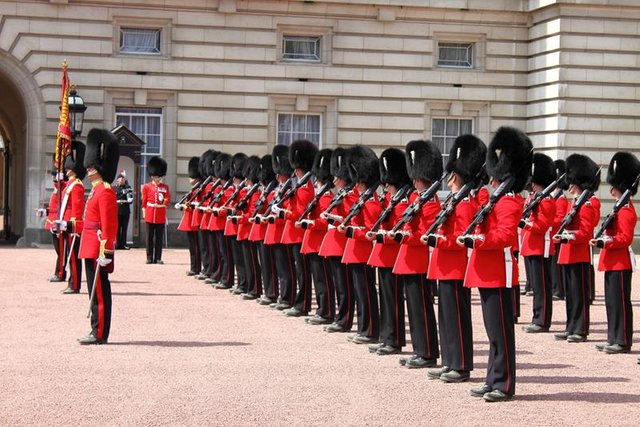 (via)
(via)
Hierarchy (as defined in Oxford because that's the closest thing I have lying around) is a system in which members of an organization or society are ranked according to relative status or authority. It is a source of order in a social interaction. It is a form of social harmony. 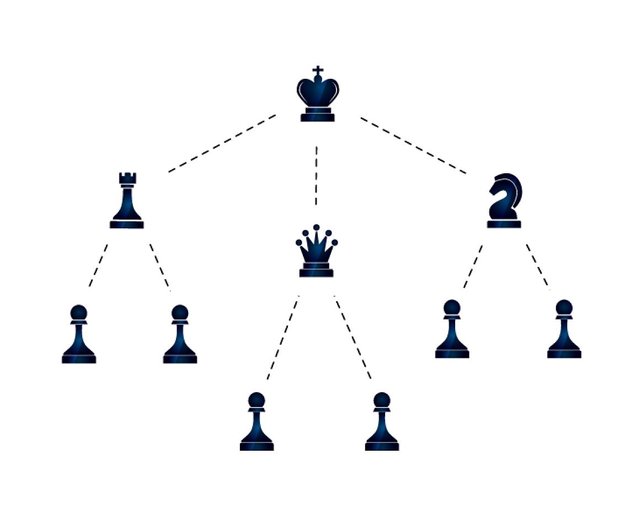 (via)
(via)
And last but not least Diplomacy. I couldn’t define diplomacy better than Sir Ernest Mason Satow, who said that “it is the application of intelligence and tact to the conduct of official relations between the governments of independent states…; or, more briefly still, the conduct of business between states by peaceful means”. 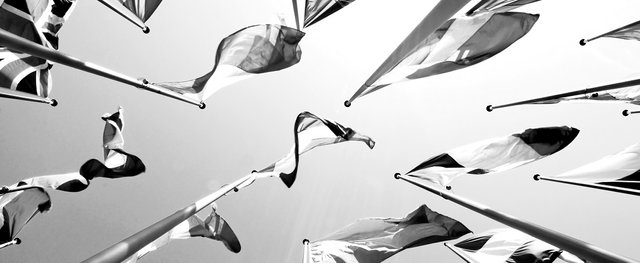 (via)
(via)
The above concepts from the world of global diplomacy form a nonverbal language that one might use in an everyday life. Imagine you could shine and feel comfortable at official dinners, in public meetings, during formal negotiations, and other events that strike fear into the hearts of even the most self-confident people. I suggest we look through protocol basics in my next articles to learn something from this nonverbal language. Stay tuned!
just followed and resteemed your post, Follow me back and upvote my posts
Ooooh, love this! Perfect content for a platform so reliant on reputation. I would love to know how these skills transfer to the Internet.
Thank you! I will definitely include something about digital diplomacy in my future posts, hope you will find some useful information here:)
greetings you have my vote I hope to have yours